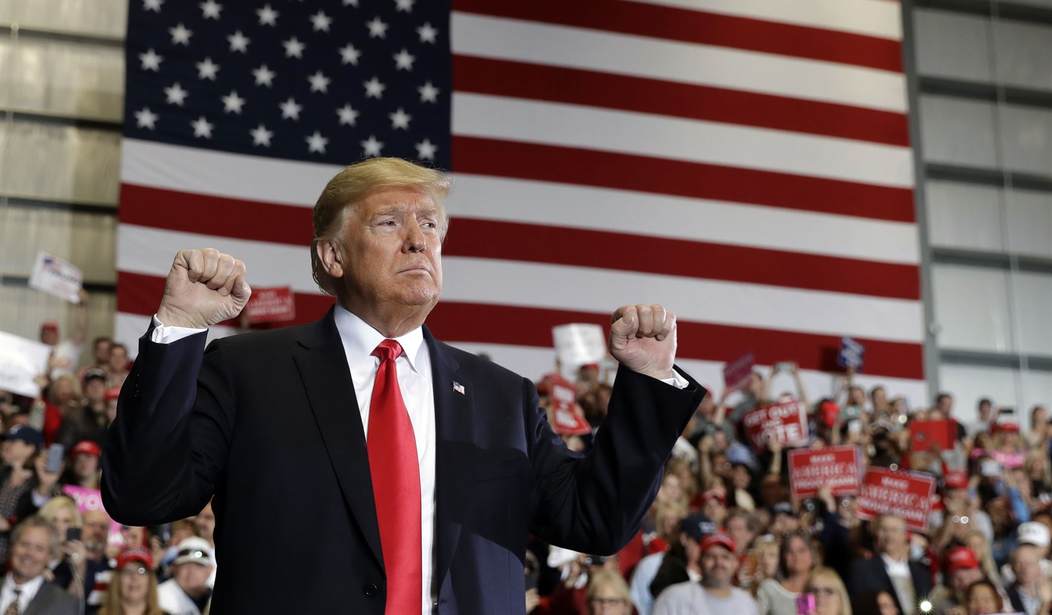Thanksgiving weekend should be about more than Black Friday sales, leftover turkey sandwiches and football. For most of us, the holiday symbolizes what America is all about: thanking God for the good fortune of living in America. The Pilgrims certainly felt that on the first Thanksgiving, having fled religious persecution in England to found colonies in the New World. Successive waves of immigrants have felt the same thing, whether they left home seeking freedom and opportunity or they were driven out by poverty and violence. And for much of our history as a nation, we have taken in these newcomers, sometimes grudgingly because we needed their labor. But eventually, we accepted them, even embracing many in our families, intermarrying and giving rise to a true hybrid American.
Although the anti-immigrant rhetoric from the president and many others on the right suggests this pattern may be changing, I remain optimistic that it is not. Sentiments against immigrants are no worse now than they were at previous points in our history; indeed, they are less vile, or at least less openly so. That is not to say that the effort to restrict not just illegal immigration but legal immigration will not continue to rile American politics, but it, too, will run its course. The inescapable fact is that the United States needs immigrants now as it has through much of its history.
We are at full employment presently, according to a new report from the Federal Reserve Bank of San Francisco. Our unemployment is lower, at 3.7 percent, than at any time in 49 years. Wages are rising modestly -- which is attracting even some people who dropped out of the labor force, inspiring them to re-enter -- but we still have more jobs than workers willing or able to take them. In a study by the Associated General Contractors of America, 80 percent of its members report difficulty in finding salaried or hourly craft workers, and nearly half said they expect it to be more difficult over the next 12 months. And labor shortages are occurring not just in construction but in agriculture and hospitality, even among the highest-skilled workers.
President Donald Trump has acknowledged that we will have to allow in more immigrants, noting in his postelection news conference, "I want them to come into the country, but they have to come in legally." Trump has slowed legal immigration to the U.S. over the past two years, denying 37 percent more applications to immigrate than were rejected in 2016, according to the government's own statistics analyzed in a report from the Cato Institute. But this trend cannot continue long without dealing a blow to the economy. And like it or not, shutting off legal immigration encourages more illegal immigration, which may be why illegal immigration has suddenly increased under Trump after declining for a decade to its lowest level in 50 years.
Recommended
With Democrats taking control of the House, Congress may actually tackle immigration reform in 2019. The hope is that they will do it in a sensible way. Of immediate concern is a fix for those who received temporary reprieves from deportation because they came illegally as children. Although the courts have temporarily stopped the president's effort to shut down the Deferred Action for Childhood Arrivals program, a legislative solution is the only way to protect the DACA population from the whims of a mercurial president. But the bigger issue is how to modernize our outdated immigration system, allowing for more skills-based immigration but retaining the best aspects of family reunification. The most challenging issue will be dealing with the estimated 11 million undocumented immigrants, some two-thirds of whom have been here for more than a decade.
Since that first Thanksgiving on our shores, Americans have enjoyed the munificence this country affords. Those spending their first Thanksgiving here (or their 71st, as I did) should remember the sacrifice it has taken for us to be here and extend the generosity to newcomers.
Linda Chavez is chair of the Center for Equal Opportunity and a senior fellow at the Niskanen Center.

























Join the conversation as a VIP Member